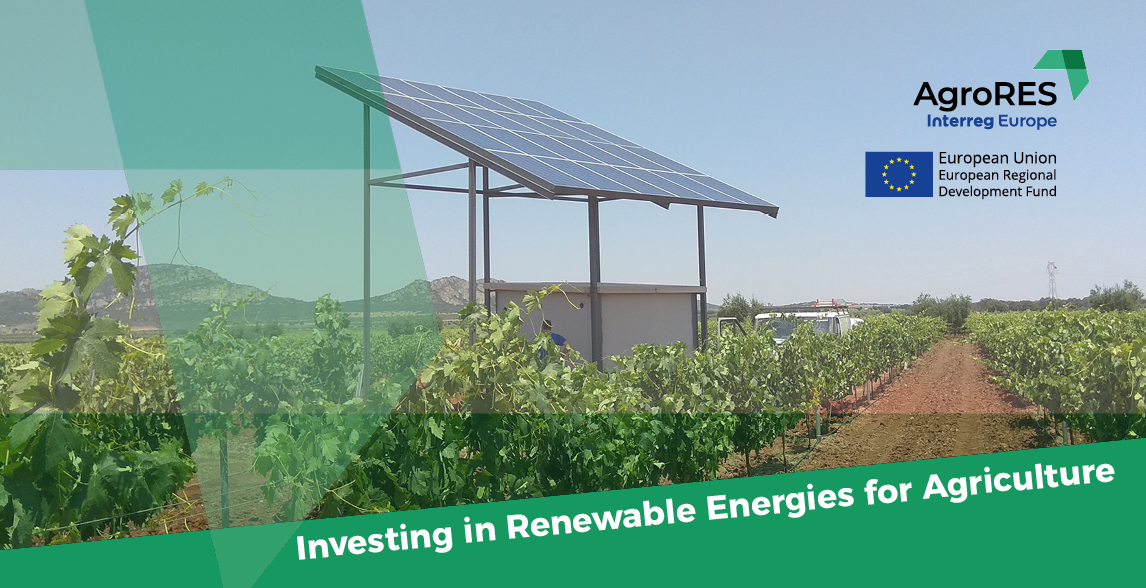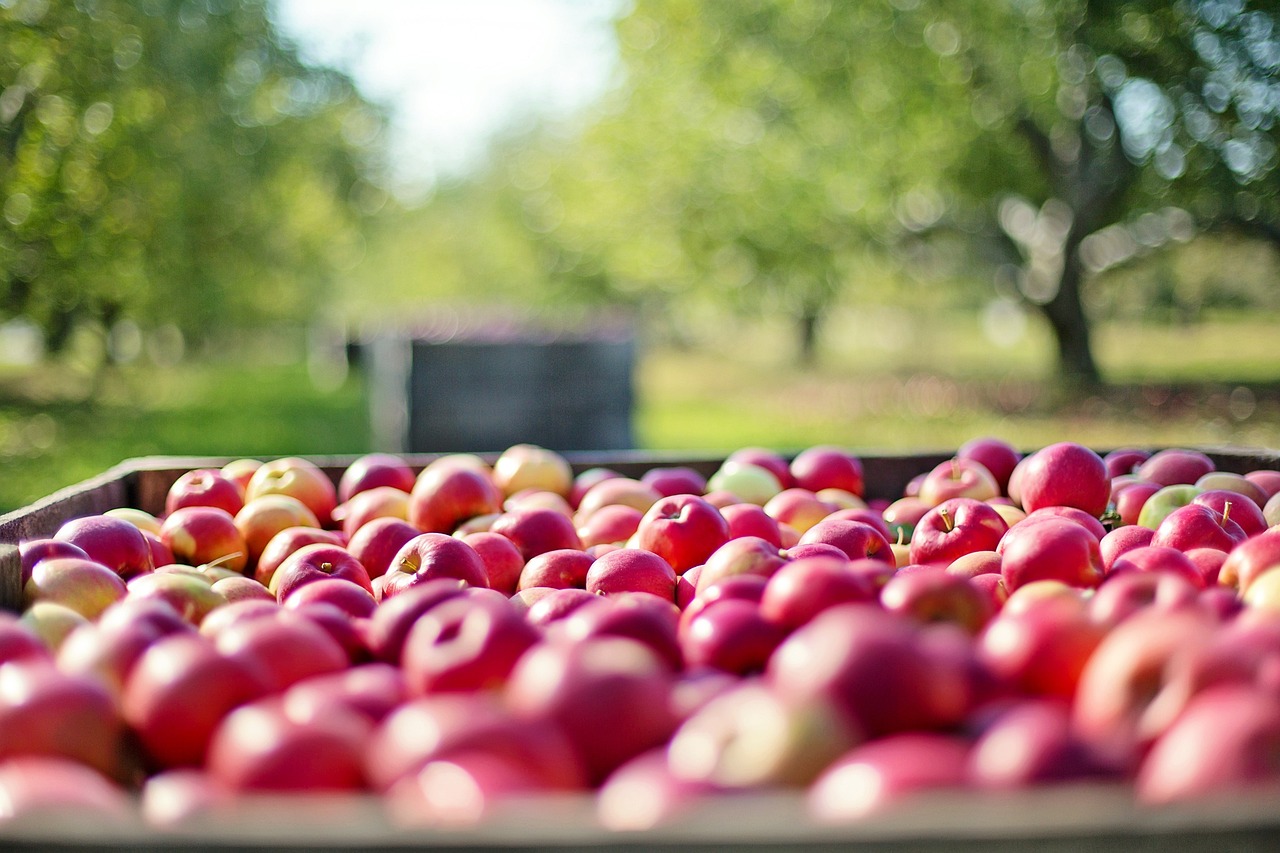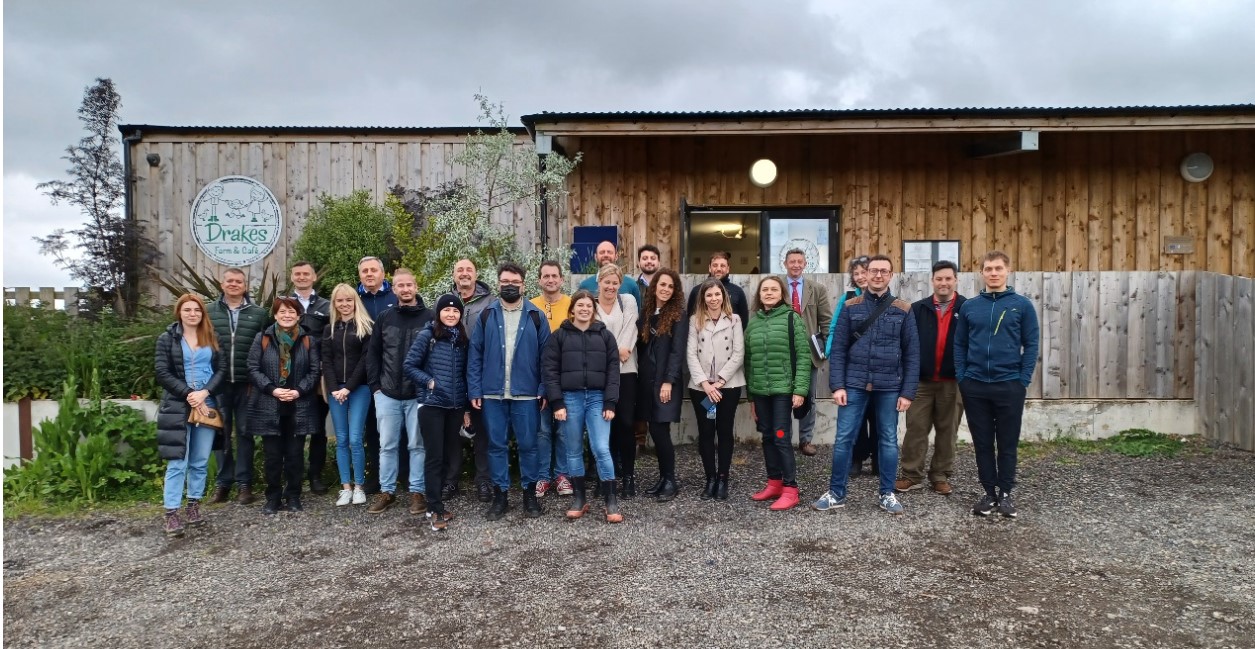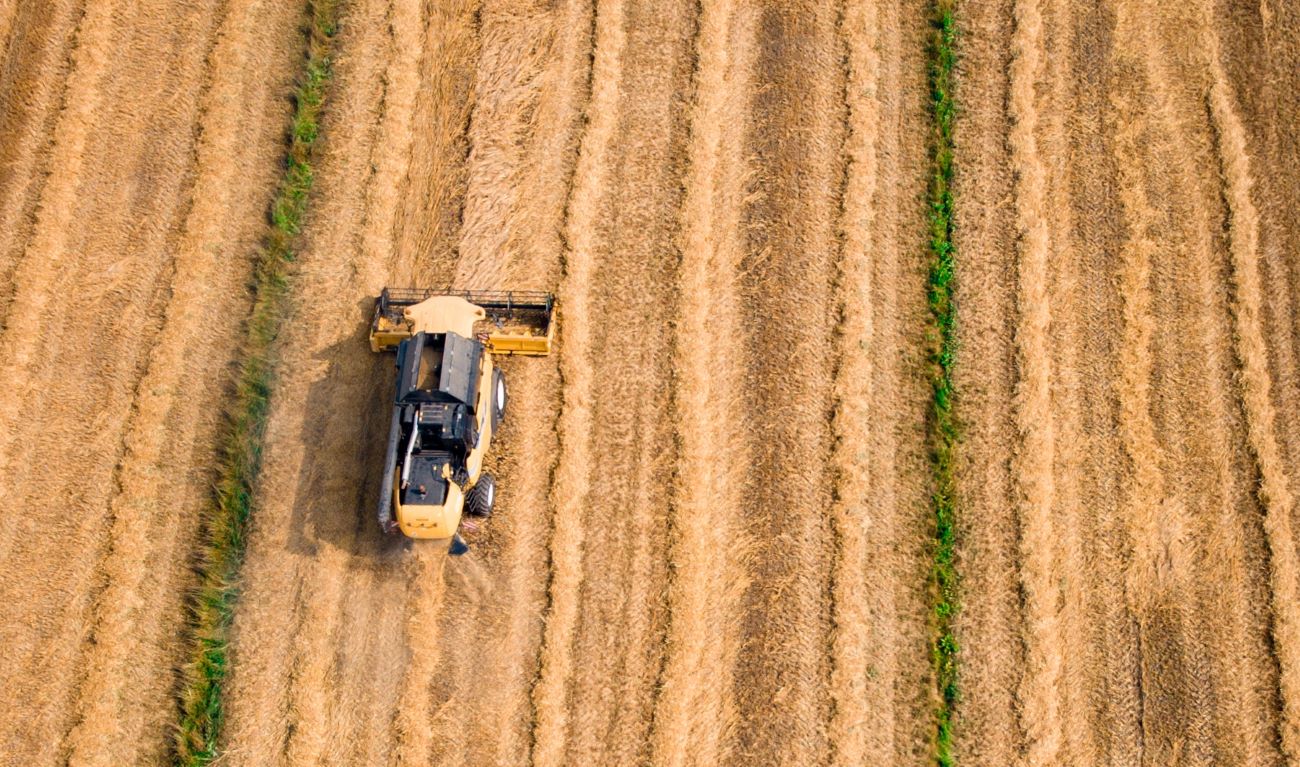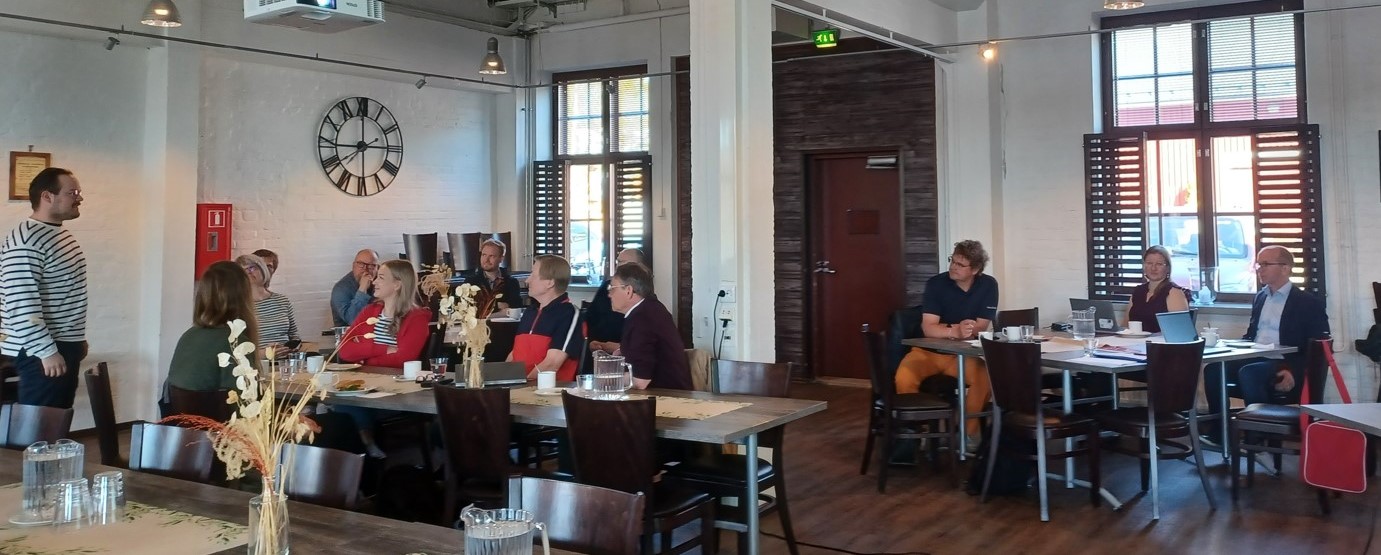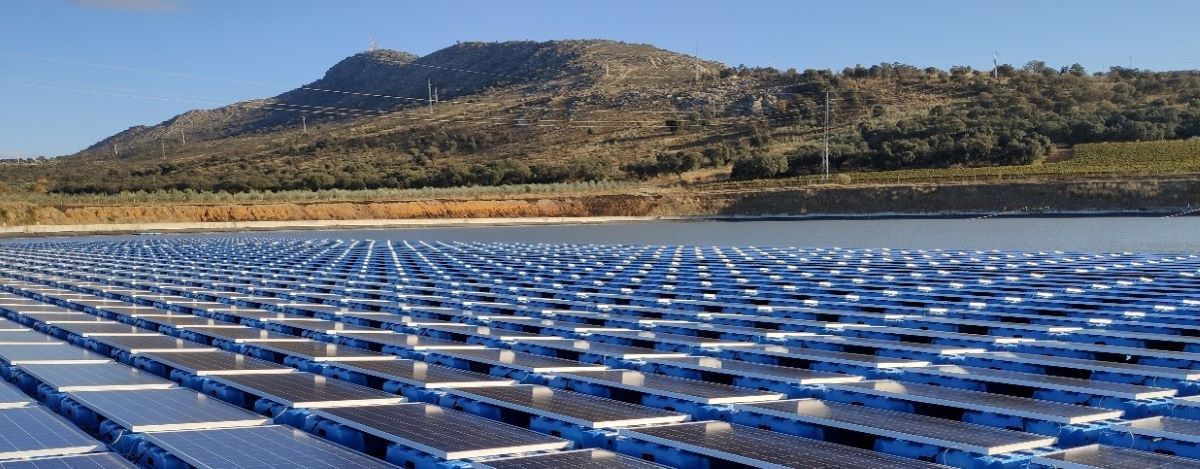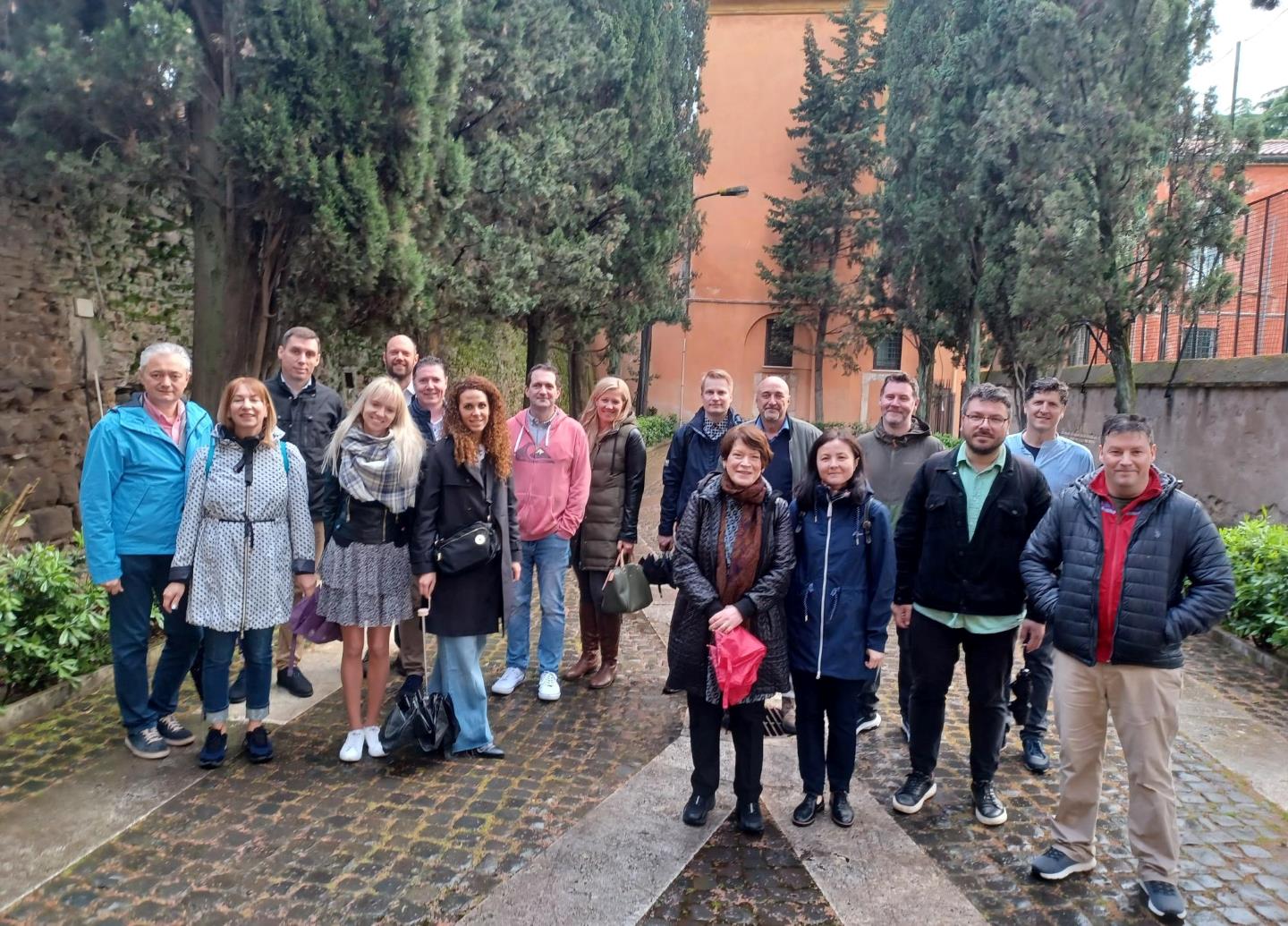The project partner Bucharest-Ilfov Regional Development Agency invited local stakeholders to the project's first meeting in Romania, held on 16th December 2019. The event was organised in Novotel Hotel in Bucharest and it gathered 21 participants from various public institutions or companies such as:
- Public institutions (The Ministry of Economy Energy and Business Environment, Ministry of Agriculture and Rural Development, Ilfov County Council, Bucharest Environmental Protection Agency, Agricultural Payments and Intervention Agency);
- Academic environment (University of Agronomic Sciences and Veterinary Medicine - Faculty of Agriculture, The Executive Unit for Financing Higher Education, Research, Development and Innovation, National Institute of Research and Development for Electrical Engineering – ICPE-CA);
- Non-profit organizations (ENERO – Center for the Promotion of Clean and Efficient Energy in Romania, RWEA – Romanian Wind Energy Association, Association of Biofuels in Romania)
- The private sector represented by companies, active in the field of renewable energy (Transelectrica – the energy transport operator in Romania, Edusa Green Energy, Altius Electricom).
Since this was the first meeting with the stakeholders, the agenda of the event proposed to cover the following topics:
- brief presentation of the INTERREG EUROPE program
- presentation of the AgroRES project (objectives, partnership, main activities)
- the impact of the agricultural sector on the carbon footprint in the Bucharest Ilfov region
- debate session on the current situation and future prospects in the field of renewable energy production and use in the agricultural sector.
Each organization presented at the seminar participated in the discussions proposed for debate by the moderator of the seminar, and thus could be extracted the weaknesses of the implementation of the current legislation, European legislation which will be implemented in Romania.
The main conclusion is the need to change the thinking about European projects and also the development of renewable energies in the agricultural sector. Another conclusion is that more campaigns should be carried out to make the population aware of the importance of producing and using renewable energy in the context of reducing CO2 emissions.


